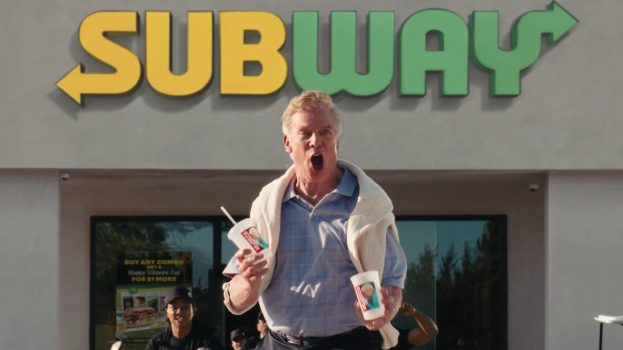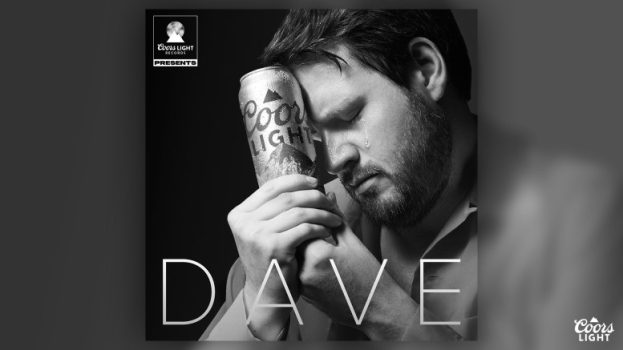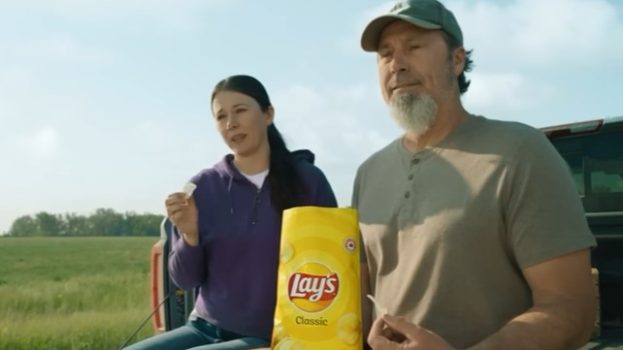Right to Play has launched its first mass awareness and donor campaign with three spots demonstrating how the organization helps empower oppressed children.
The “We Rise” campaign, led by BBDO Toronto, exposes the injustices and inhumane practices faced by children around the world – who are forced into child labour, child marriage or becoming child soldiers – and lays out a vision for a better world. There has been a number of recent movements here at home, such as Me Too, where there are existing laws to protect people, says Todd Mackie, CCO at BBDO. “What we saw was that these kids need an uprising and they’re in countries where there are no laws to protect them.”
The campaign is anchored by the 90-second “We Rise” anthem spot, showing situations of young children faced with all kinds of injustices. As the spot progresses, layered with a slam poetry voice over, the children are depicted as taking back control of their destiny. The anthem was meant to launch the broad notion of the child uprising, says Mackie, and is being supported by two other films that delve into more specific issues.
[iframe_youtube video=”h88CKWRy-cE”]
A second spot called “Games Over Guns” focuses on the plight of child soldiers around the world, while the third, entitled “Resignation Letter,” features a young girl describing the daily horrors of working in a sweatshop. At the end, she is seen marching into her boss’ office to deliver her resignation letter that she learned to write in school.
The biggest creative challenge was distilling all the non-profit work that Right to Play does, says Mackie. As opposed to being on the ground providing food and medicine to those in need, the organization, founded in 1994, supports children across 15 countries through programs that widely promote protection, education and empowerment. The idea, then, was to capture the moment those children become empowered and what comes after, says Rebecca Flaman, VP and group account director at BBDO Toronto.
[iframe_youtube video=”XCEhex-MN-s”]
Poetry was used in all three sports to reflect Right to Play’s broad scope of play- and non-play-related activities, such as drama and theatre. The concept was inspired by a girl in Mali, who wrote a slam poem that she performed for the village elders in her town, detailing the negative impact of child marriages.
Kevin Frey, CEO of Right To Play International, says the organization is planning to launch future spots under the same umbrella theme. For example, the next one will likely look at First Nations and Indigenous issues here in Canada. “We could easily see another 10 spots coming out in the same vein to talk about the main issues that we address,” says Frey. “We’ve committed to this positioning going forward, and we see all sorts of creative ways to continue to realize it.”
Non-profit organizations often follow the instinct of inserting themselves heavily in the creative, Frey says, but Right to Play made the choice to remove itself to keep the focus on the kids themselves. “It’s a subtle but important move in terms of how we position the campaign, especially compared to everything else in the space.”
[iframe_youtube video=”3v6D6ejXIEQ”]
Right to Play has a strong base of corporate, high-worth and government donors, according to the CEO, but this campaign is bringing more of a focus to mass-market and monthly donors. High-worth and government donors can more easily visit the regions Right to Play’s programs impact, and Frey says the goal with this campaign was “to find a way to bring that experience, that emotion, and ultimately, the impact of our programs that the other tier of our donors experience in person, to life for this mass market.”
Media was secured entirely through supporters of Right to Play, including Rogers, the Toronto International Film Festival, Facebook (which recently launched its new “donate” button for non-profits in Canada), athlete ambassadors (including NBA player Bismack Biyombo) and telco provider Sky TV in the U.K. The global campaign is being deployed across North America, Germany, Switzerland and the U.K.
























